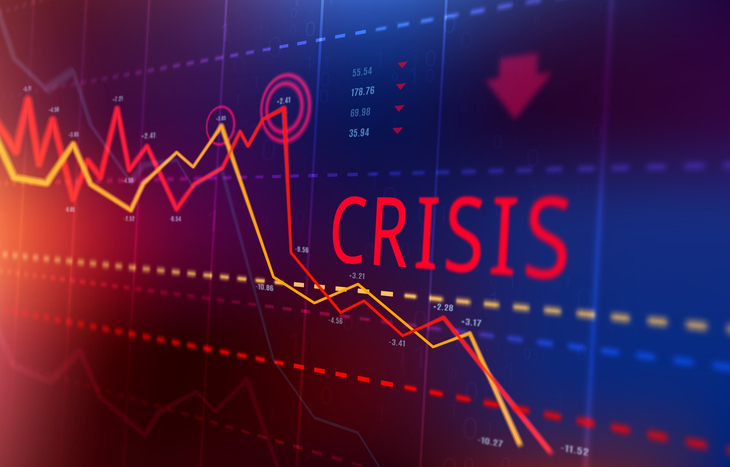Global markets are raging since the U.S. reported its second consecutive quarterly decline in Gross Domestic Product (GDP) growth, marking a ‘technical recession’. The U.S. Bureau of Economic Analysis published data noted that the annualized second-quarter economic growth in the country fell by another 0.9% as opposed to economists’ expectations of a 0.5% increase.
The report explained that “the decrease in real GDP reflected decreases in private inventory investment, residential fixed investment, federal government spending, state and local government spending, and non-residential fixed investment that were partly offset by increases in exports and personal consumption expenditures (PCE)”.
On one hand, the US economy is facing an evident recession. On the other hand, politicians are blatantly denying the same, redefining recession altogether. After the GDP news broke out, the White House Press Secretary, Jean-Pierre discarded claims that White House officials are “redefining recession” while she redefined why two consecutive quarters of negative GDP growth does not qualify as a recession.
Furthermore, the White House website even changed the definition of recession ahead of the event from it being “two consecutive quarters of GDP contraction” to saying that the two-quarter rule is incorrect.
How Will Bitcoin Respond To Recession?
The financial markets responded with panic to the recession, however, it is still unclear how Bitcoin may react in near future. In 2020, the US saw its shortest recession because of the pandemic which further led to a temporary dip in bitcoin’s price. Nevertheless, the period lasted two months, not allowing the cryptocurrency to witness any profound impact from it.
Historically, stocks and equities markets tend to dive into a bear period amid recessions. In light of this, given that bitcoin and the rest of the cryptocurrency market are often compared to the likes of risk-on assets, it is possible for the crypto industry to move in sync with other risk-on assets.





